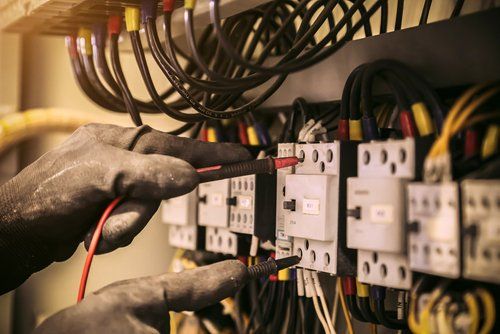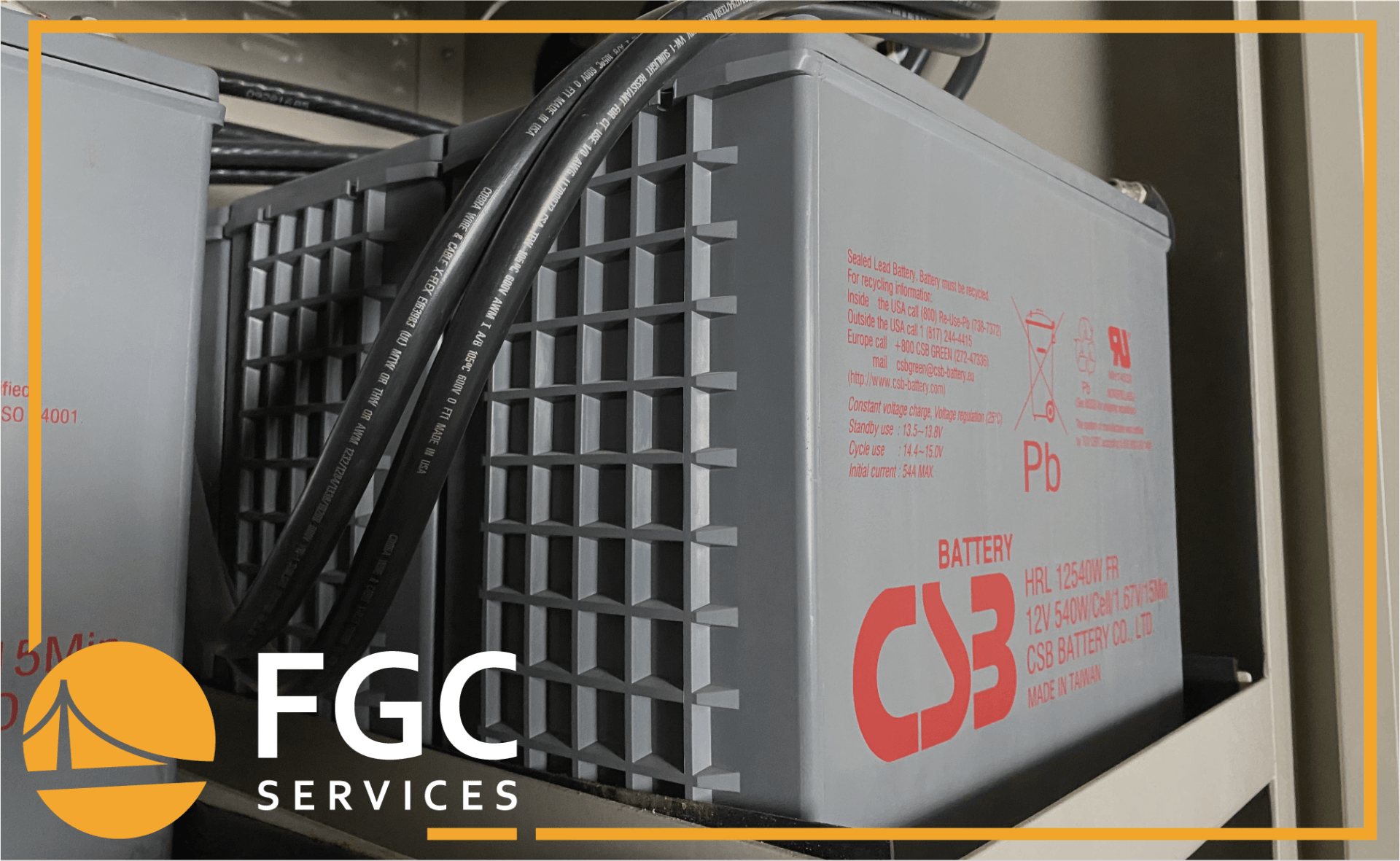Types of UPS Batteries and Their Uses
11 October 2023
Share this article:
UPS systems rely on storing power inside their battery that can be used as a backup energy source for connected devices. While there are different types of UPS devices for applications, there are also many types of UPS batteries.
When it comes time to replace the UPS battery, you want to get the one that offers the right amount of backup power for your devices. The types of UPS batteries to have will depend on the application, shelf life, and your budget.

Why Are UPS Batteries Critical?
Batteries make up the crucial function of a UPS system. When the main power comes into the facility, some of the electricity flows into the UPS battery as backup power. The rest of the electrical current moves through the UPS to the connected devices.
The moment a power fluctuation or failure occurs, the UPS switches from the main power supply to the battery. The battery will provide enough current to run devices for a short time. This time period may allow you to save necessary files or work on PCs, or finish performing other tasks using the specific device. The battery may also give enough time for you to discover the source of the main electrical failure to make repairs.
What Are the Main Types of UPS Batteries?
The three main types of UPS batteries are VRLA, VLA, and lithium-ion. A UPS will typically have multiple cells of the same battery chemistry lined up as a series or in a series-parallel arrangement to provide a maximum current while optimizing the space inside the UPS unit.
VRLA
Value-regulated lead acid (VRLA) batteries employ the oxygen recombination technology where hydrogen produced during charge/ discharge recombines with oxygen, as the oxygen develops on the positive plate, and becomes diffused onto the negative plate. This battery type is vented to prevent a build up of hydrogen gas which is produced during the discharge/ recharge process. These batteries have lower costs and are sealed so the electrolyte will not leak or drip out if inverted.
VLA
Vented lead acid batteries are also known as flooded or wet cells. They contain acid electrolytes that are flooded over thick lead plates. These batteries require more maintenance but have a longer lifespan and are more reliable than VRLA batteries.
Lithium-Ion
Lithium-ion batteries are the newest battery innovation as they are lightweight, small, and powerful. The batteries are used for heavy-duty applications. Lithium-ion has faster recharging than lead acid batteries and relies on a battery management system (BMS) to monitor temperature, voltage, and current fluctuations.
How Long Do UPS Batteries Last?
VLRA batteries have the shortest lifespan of 5 years. VLA batteries, when well maintained, may last up to 20 years (pro-rated life). Lithium-ion batteries have a lifespan of about 8-10 years.
Keep in mind that the shelf life of the UPS battery may be shortened due to a variety of factors, including poor maintenance, damage, or fluctuating room temperatures.
To learn more about UPS batteries and to get UPS battery replacements, contact Facility Gateway.
Connect with Us:





